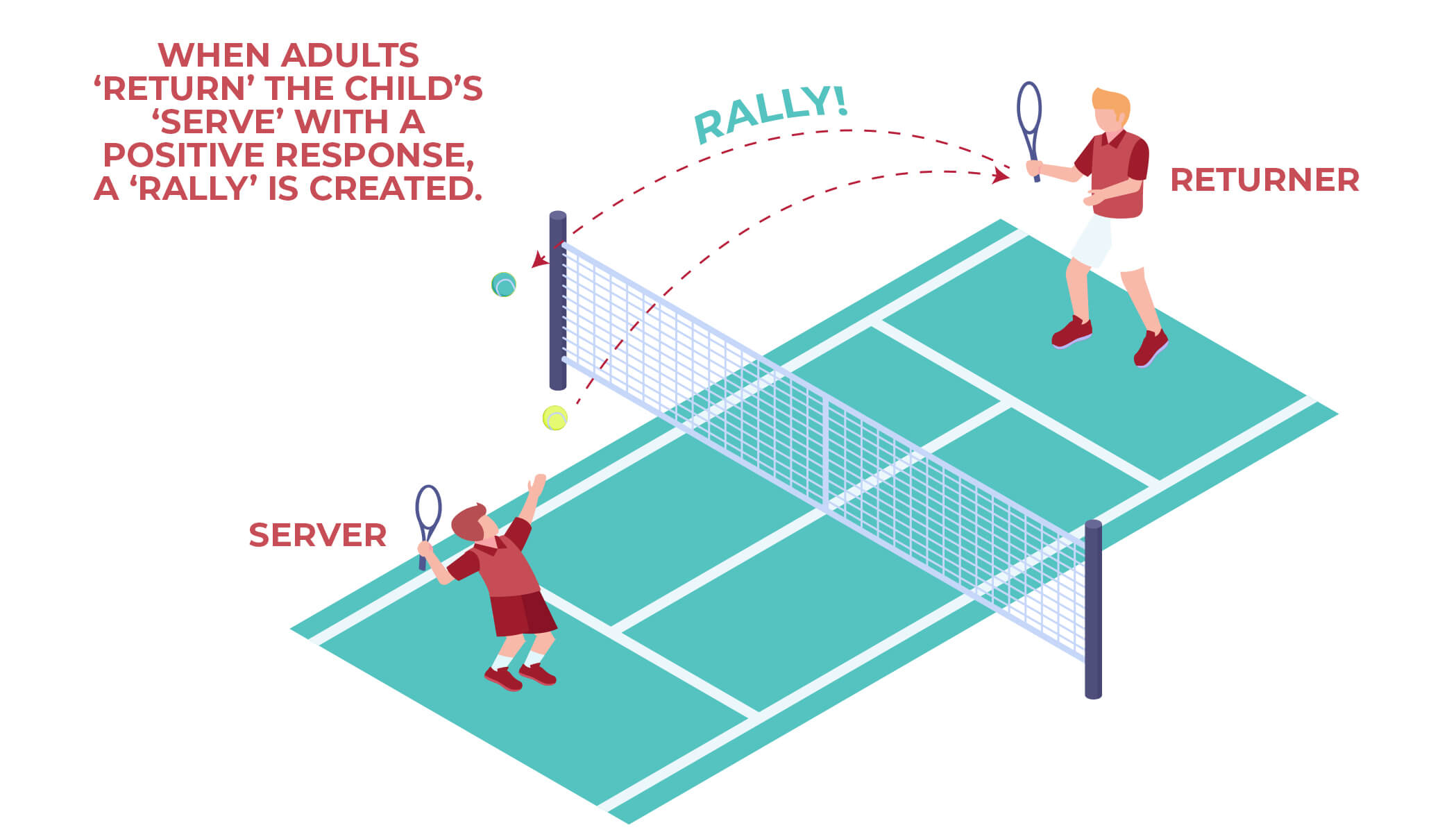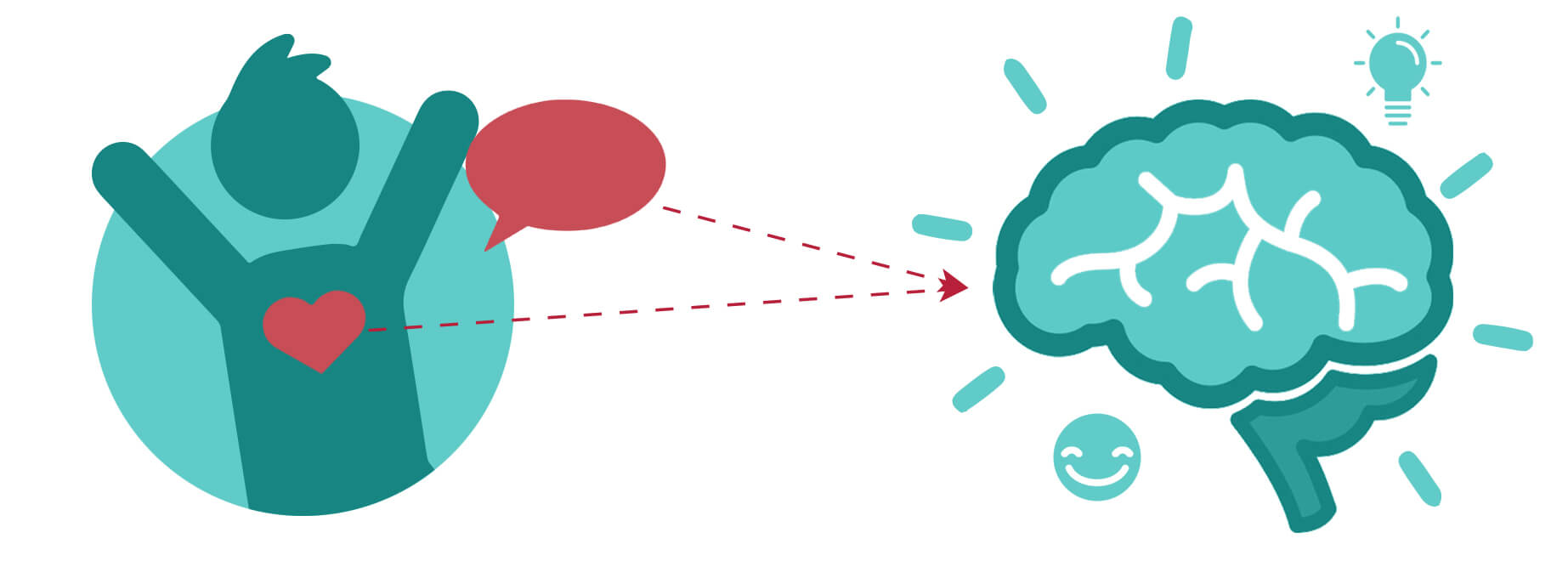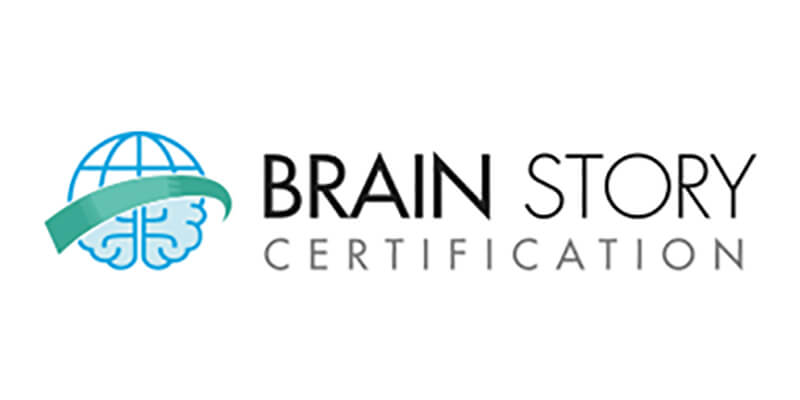Brain Story – Serve & Return
In this ‘Sharing the Science’ segment, we’ll take a look at adult-child relationships by comparing them to interactions between a child and adult in a tennis match.

From the ages of 0 to 5, children naturally initiate interaction with adults through babbling, gesturing and facial expressions. This develops vital language, cognitive and social skills. Positive experiences build the foundations of brain architecture.
Interactions between a child and an adult is like playing a game of tennis.

Good rallies between children and adults strengthen children’s developing brain architecture, improve their cognitive skills and develop resilience (Shonkoff et al, 2004; Shonkoff et al, 2015).
When adults do not respond to a child’s serve or if children engage in prolonged passive activity – such as watching TV – this can break the rally and interrupt the developmental process.
Language, for instance, is learnt more effectively face-to-face with a teacher or caregiver than by watching TV or a video (Shonkoff et al, 2018).

Social and emotional development lead to intellectual growth

To increase serve and return interactions, you can:
- Focus on interactive, face-to-face activity, such as talking, singing and playing
- Respond to and build on physical and verbal cues: if they babble, babble back; if they play with toys, play with them
- Allow the child to ‘serve’ – follow their focus and return their serve with support and encouragement
- Maintain eye contact when interacting with the child – this helps to build a nurturing, secure relationship
- Positively reinforce children’s vocalizations: children repeat behaviors when they are praised, which helps shape their babbles into words (Crowley, 2017)

Get Brain Story certified!
The Brain Story Certification course is for anyone seeking a deeper understanding of brain development and its consequences for lifelong health. This self-paced online course is free and open to the public. The course is also designed for professionals seeking certification in a wide range of fields and includes 30 hours of instruction time.
References & Sources
- Center on the Developing Child (2013) Innovating in Early Head Start: Can Reducing Toxic Stress Improve Outcomes for Young Children? [Accessed 8/11/2019].
- Crowley, Kevin (2017) Child Development: a practical introduction. London: SAGE Publications Ltd.
- Diamond, A (2013) Executive Functions Annual Review of Psychology, 64: 135-168.
- Franke H.A (2014) Toxic Stress: Effects, Prevention and Treatment. Children, 1(3): 390–402.
- Kendall-Taylor, N and Stanley, K (2018) Seeing Context through Metaphor: Using Communications Research to Bring a Social Determinants Perspective to Public Thinking about Child Abuse and Neglect. International Journal of Environmental Research and Public Health, 15(1): 8-14.
- National Commission on Domestic and Sexual Violence and Multiple Disadvantage (2019) Breaking Down the Barriers (PDF). [s.l.]: National Commission on Domestic and Sexual Violence and Multiple Disadvantage.
- Siegel, D. J. and Bryson, T. P. (2012) The Whole-Brain Child 12 Revolutionary Strategies to Nurture Your Child’s Developing Mind, Survive Everyday Parenting Struggles, and Help Your Family Thrive. London: Robinson.
- Shonkoff, J.P. et al (2004) Young Children Develop in an Environment of Relationships. Cambridge: Center on the Developing Child, Harvard University.
- Shonkoff, J.P. et al (2008) The Timing and Quality of Early Experiences Combine to Shape Brain Architecture Working Paper 5. Cambridge: Center on the Developing Child, Harvard University.
- Shonkoff, J.P., Boyce, W.T. and McEwen, B.S. (2009) Neuroscience, molecular biology, and the childhood roots of health disparities: building a new framework for health promotion and disease prevention, Journal of the American Medical Association, 301 (21), 2252-2259.
- Shonkoff, J.P. et al (2011) Building the Brain’s “Air Traffic Control” System: How Early Experiences Shape the Development of Executive Function Working Paper 11. Cambridge: Center on the Developing Child, Harvard University.
- Shonkoff, J.P. et al (2014), Excessive Stress Disrupts the Architecture of the Developing Brain Working Paper 3. Cambridge: Center on the Developing Child, Harvard University.
- Shonkoff, J.P. et al (2015) Supportive Relationships and Active Skill-Building Strengthen the Foundations of Resilience Working Paper 13. Cambridge: Center on the Developing Child, Harvard University.
- Shonkoff, J.P. et al (2018) Understanding Motivation: Building the Brain Architecture That Supports Learning, Health, and Community Participation Working Paper 14. Cambridge: Center on the Developing Child, Harvard University.
